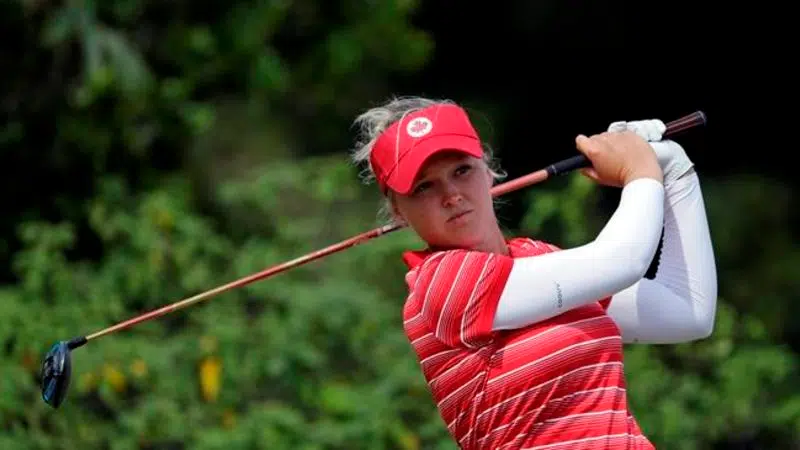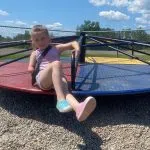
Golf Canada’s 2020 Olympic preparations on track with qualifying formula helping
Fifteen years ago, golfers didn’t have to worry about making the Olympics. The sport hadn’t been featured at a Games since 1904 when Canada’s George Lyon won gold.
But since golf returned to the fold for the 2016 Rio Olympics, it’s been a priority for Derek Ingram and the rest of Golf Canada’s high performance team. In fact, Ingram has been preparing for the 2020 Tokyo Olympics since the last Summer Games ended.
“Canadians are super patriotic and they love sport. Our athletes on the PGA Tour and the LPGA Tour are no different. They love it. You think they don’t want to be like Sidney Crosby?” Ingram, the head coach of Canada’s men’s team, said on Thursday from Winnipeg. “In that respect, the Olympics have gone from not on the radar at all to probably one of their top four or five events and as time goes along it may become No. 1 or 2.”
Qualifying players for the Olympics — the men’s tournament is July 30-Aug. 2 and the women’s event is Aug. 5-8 — can be tricky but the format will benefit Canada.

